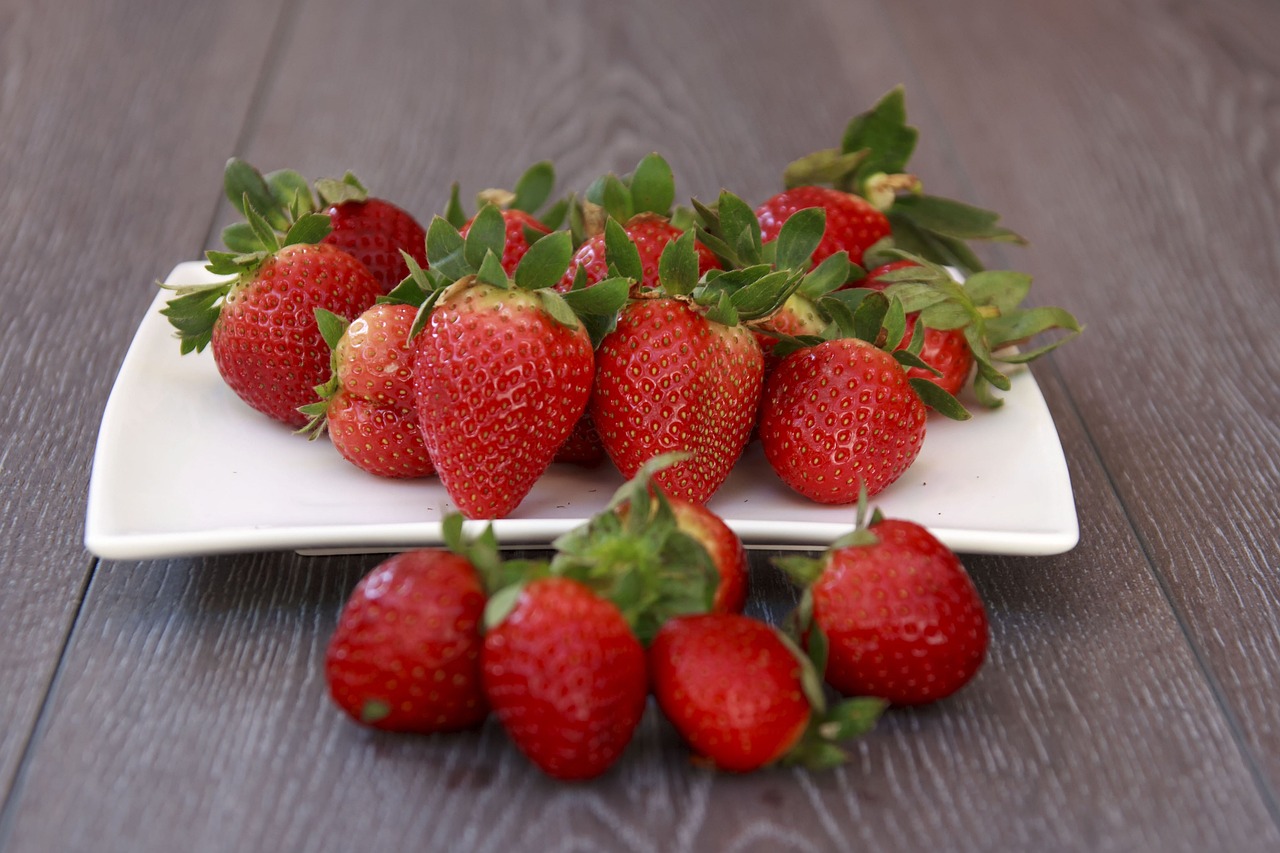How to Break into the Fashion Industry
laser book 247 login registration number, lotusbook9 com, 11xplay:The kitchen is often considered the heart of the home, where families gather to cook, eat, and spend quality time together. However, many homeowners overlook the importance of proper kitchen insulation when it comes to energy efficiency. A well-insulated kitchen can help reduce energy costs, increase the comfort of your home, and lower your carbon footprint. In this article, we will explore the importance of proper kitchen insulation and how it can improve energy efficiency in your home.
Benefits of Proper Kitchen Insulation
1. Reduced Energy Costs: Proper kitchen insulation can help reduce heat loss in the winter and heat gain in the summer, which means your HVAC system doesn’t have to work as hard to maintain a comfortable temperature. This can lead to significant savings on your energy bills.
2. Increased Comfort: A well-insulated kitchen can help maintain a consistent temperature throughout the year, making it more comfortable for you and your family. You won’t have to worry about cold drafts in the winter or hot spots in the summer.
3. Environmental Impact: By reducing your energy usage through proper kitchen insulation, you can lower your carbon footprint and contribute to a more sustainable future. Insulating your kitchen is a simple yet effective way to make your home more eco-friendly.
4. Noise Reduction: Insulation not only helps regulate temperature but also acts as a barrier against outside noise. This can create a quieter, more peaceful environment in your kitchen, especially if you live in a busy neighborhood or near a busy street.
5. Improved Air Quality: Proper insulation can also help prevent air leaks, which can lead to better indoor air quality. By keeping out pollutants and allergens, you can create a healthier living environment for you and your family.
Types of Kitchen Insulation
1. Wall Insulation: Insulating the walls of your kitchen can help prevent heat loss and regulate temperature. Common types of wall insulation include fiberglass, cellulose, and foam board.
2. Ceiling Insulation: Adding insulation to the ceiling of your kitchen can help trap heat in the winter and keep it out in the summer. Popular choices for ceiling insulation include spray foam, blown-in insulation, and rigid foam.
3. Floor Insulation: Insulating the floor of your kitchen can help prevent heat loss and provide added comfort. Common options for floor insulation include fiberglass batts, spray foam, and rigid foam.
4. Window Insulation: Insulating your kitchen windows can help prevent heat loss and reduce drafts. Options for window insulation include weatherstripping, caulking, and thermal curtains.
5. Door Insulation: Properly insulating your kitchen door can help prevent heat loss and improve energy efficiency. Weatherstripping, door sweeps, and draft stoppers are popular choices for door insulation.
6. HVAC Insulation: Insulating HVAC ducts in your kitchen can help reduce energy loss and improve the efficiency of your heating and cooling system. Duct insulation materials include fiberglass, foam board, and reflective insulation.
Tips for Improving Kitchen Insulation
1. Seal Air Leaks: Inspect your kitchen for air leaks around windows, doors, and other openings. Seal any gaps with weatherstripping or caulking to prevent heat loss and drafts.
2. Insulate Pipes: Insulating hot water pipes in your kitchen can help reduce heat loss and save energy. Pipe insulation materials include foam sleeves, fiberglass wraps, and reflective tape.
3. Upgrade Insulation: If your kitchen is poorly insulated or has outdated insulation, consider upgrading to a more energy-efficient option. Consult with a professional to determine the best insulation solution for your needs.
4. Maintain Your HVAC System: Proper maintenance of your heating and cooling system can improve energy efficiency and extend its lifespan. Schedule regular tune-ups and cleanings to keep your HVAC system running smoothly.
5. Use Energy-Efficient Appliances: Replace old, inefficient kitchen appliances with energy-efficient models to reduce energy usage and lower your utility bills. Look for ENERGY STAR-rated appliances for maximum efficiency.
6. Consider Renewable Energy Sources: Install solar panels or a geothermal heating system in your kitchen to reduce reliance on traditional energy sources and lower your carbon footprint. Renewable energy options can help make your kitchen more sustainable.
FAQs
Q: How much can I save on my energy bills by insulating my kitchen properly?
A: The amount you can save on your energy bills will depend on various factors, including the size of your kitchen, the type of insulation used, and the overall energy efficiency of your home. On average, homeowners can save up to 20% on their energy costs by properly insulating their kitchen.
Q: How do I know if my kitchen needs better insulation?
A: Signs that your kitchen may need better insulation include fluctuating temperatures, drafts, high energy bills, and cold floors. If you notice any of these issues, it’s a good idea to have a professional inspect your kitchen and recommend insulation improvements.
Q: Can I insulate my kitchen myself, or do I need to hire a professional?
A: While some insulation projects can be DIY-friendly, such as adding weatherstripping or caulking, more complex projects like insulating walls or ceilings may require professional installation. Consult with an insulation contractor to determine the best course of action for your kitchen.
Q: What is the best type of insulation for a kitchen?
A: The best type of insulation for your kitchen will depend on your specific needs and budget. Popular options include fiberglass, spray foam, cellulose, and foam board. Consult with an insulation professional to determine the most suitable insulation material for your kitchen.
Q: Will insulating my kitchen improve the resale value of my home?
A: Proper kitchen insulation can enhance the energy efficiency and comfort of your home, which can be attractive to potential buyers. A well-insulated kitchen may also increase the resale value of your home by making it more appealing to eco-conscious buyers.
In conclusion, proper kitchen insulation is essential for improving energy efficiency, reducing costs, and creating a more comfortable living environment. By insulating your walls, ceilings, floors, windows, doors, and HVAC system, you can lower your energy usage, decrease your carbon footprint, and enjoy the many benefits of a well-insulated kitchen. Consider implementing these tips and strategies to make your kitchen more energy-efficient and sustainable for years to come.







